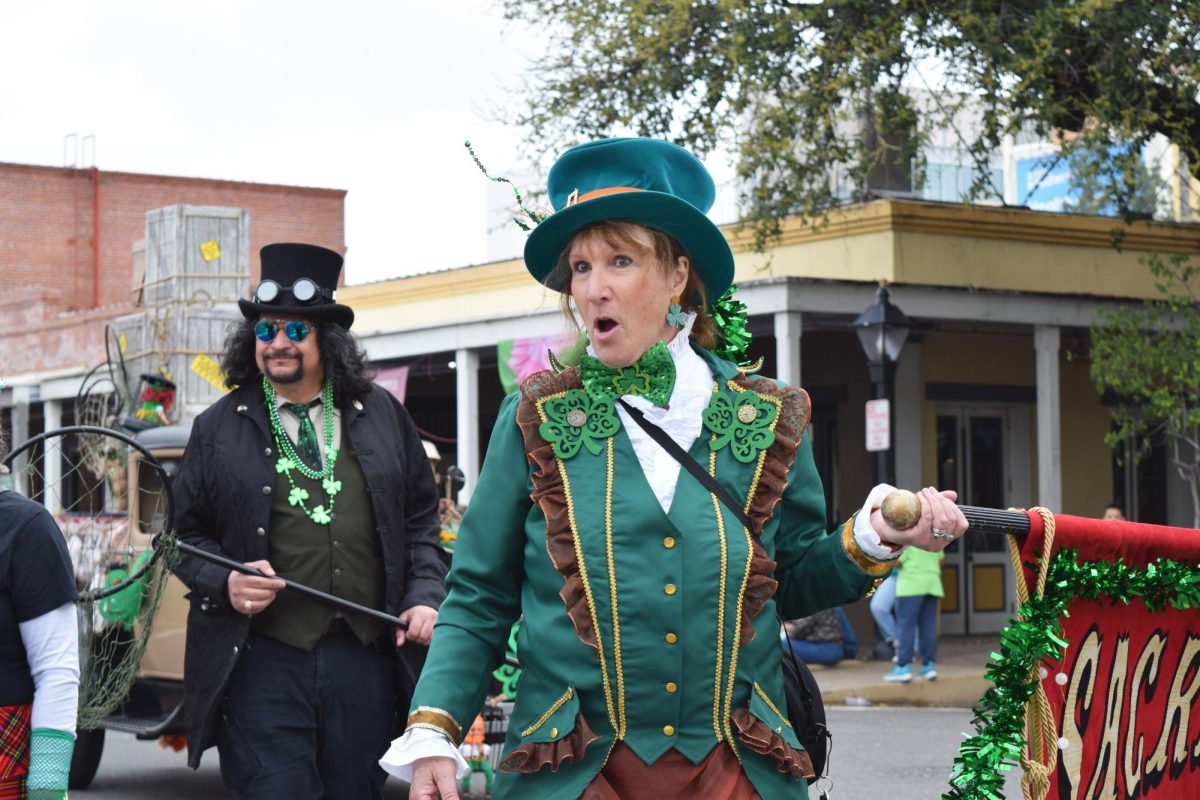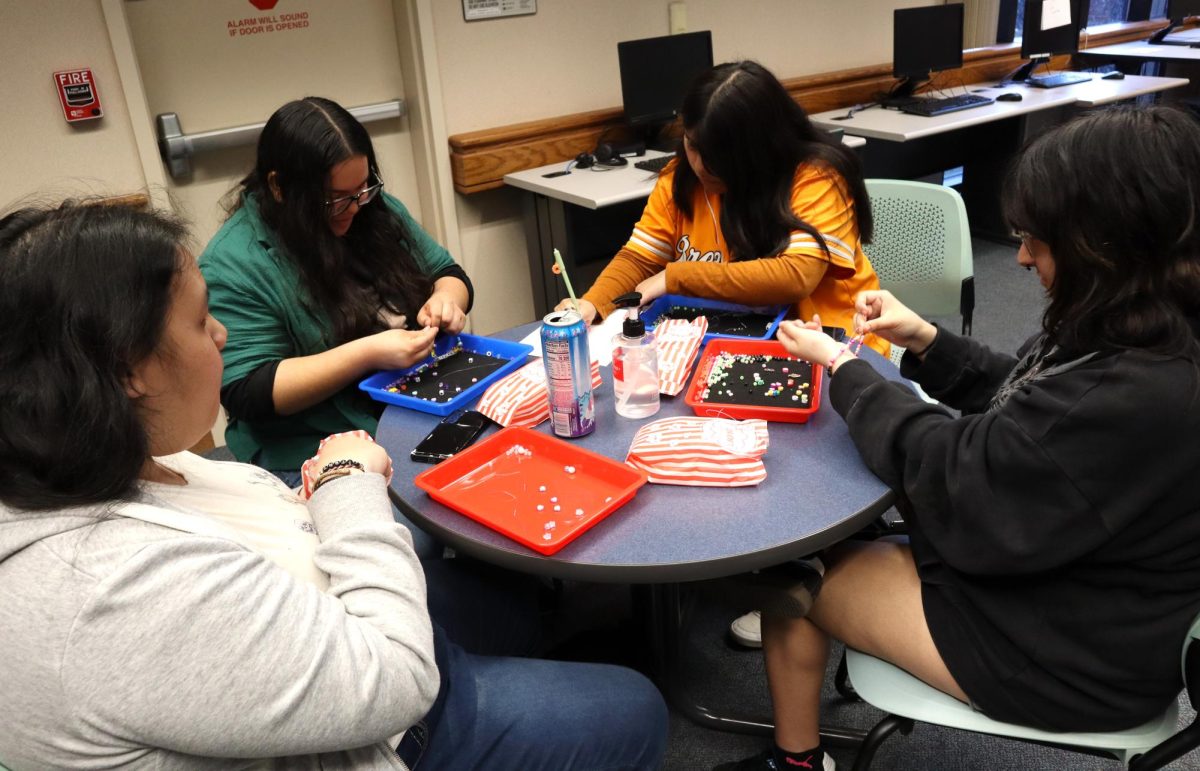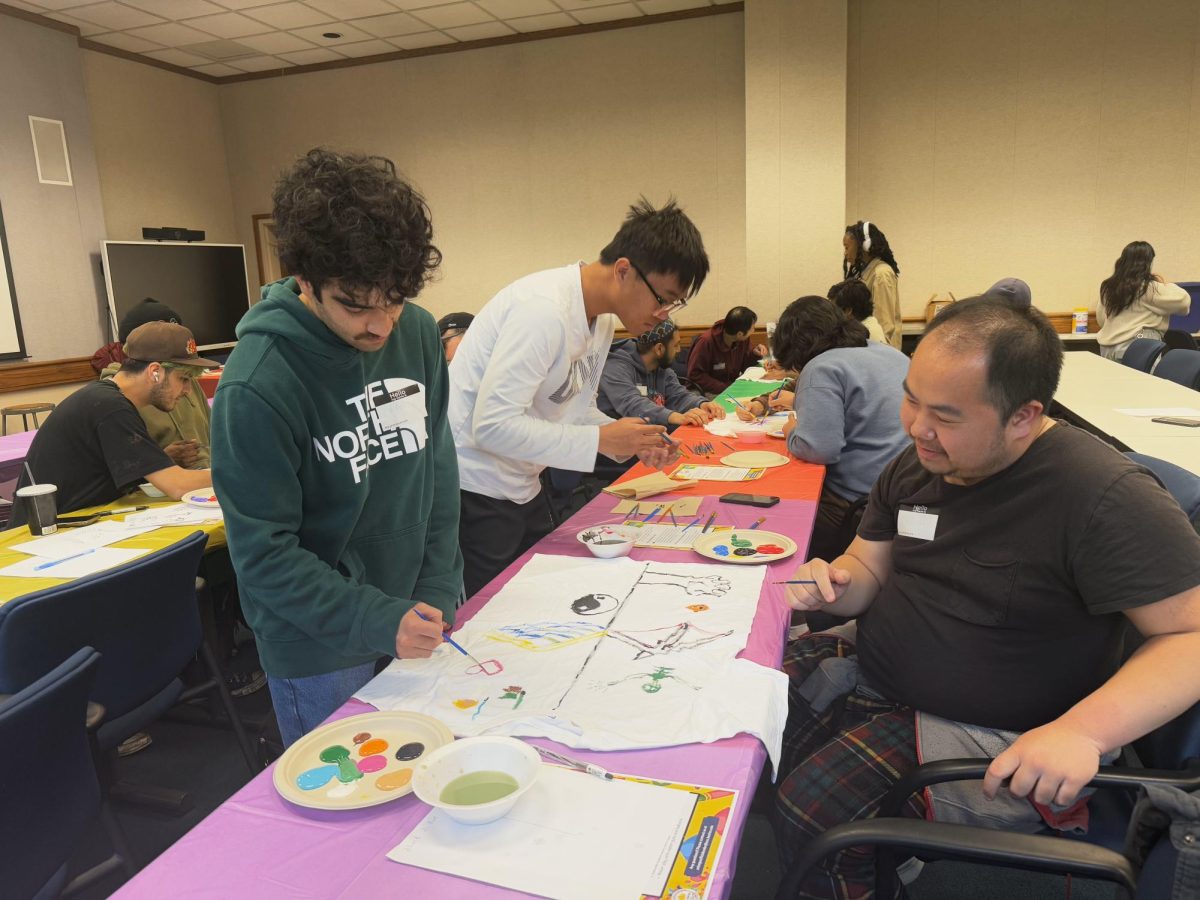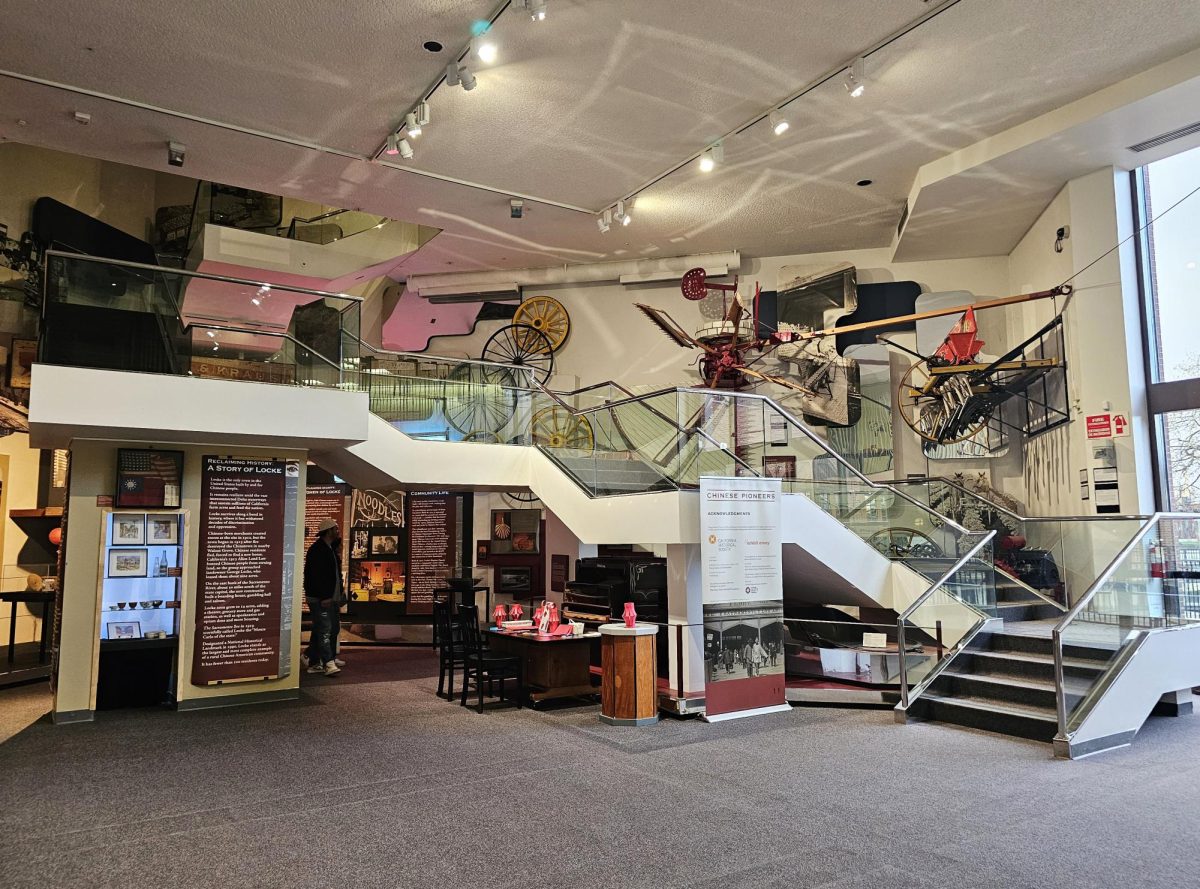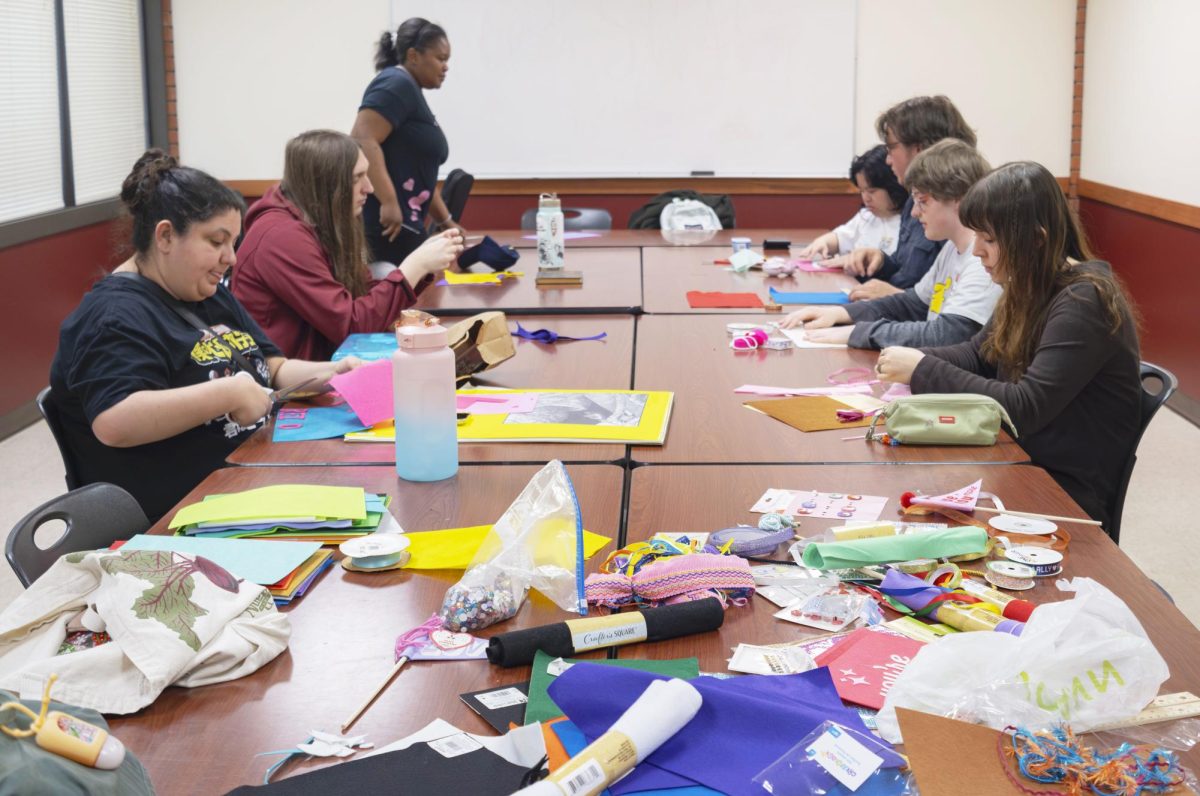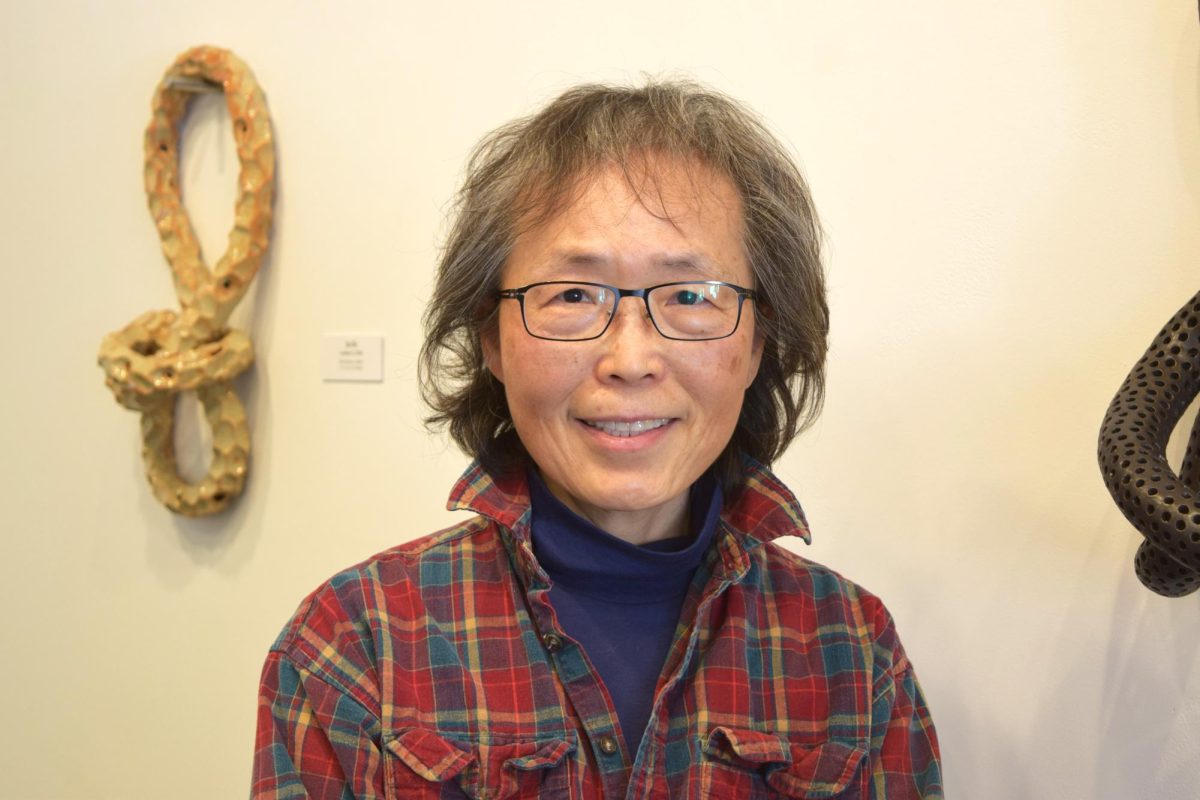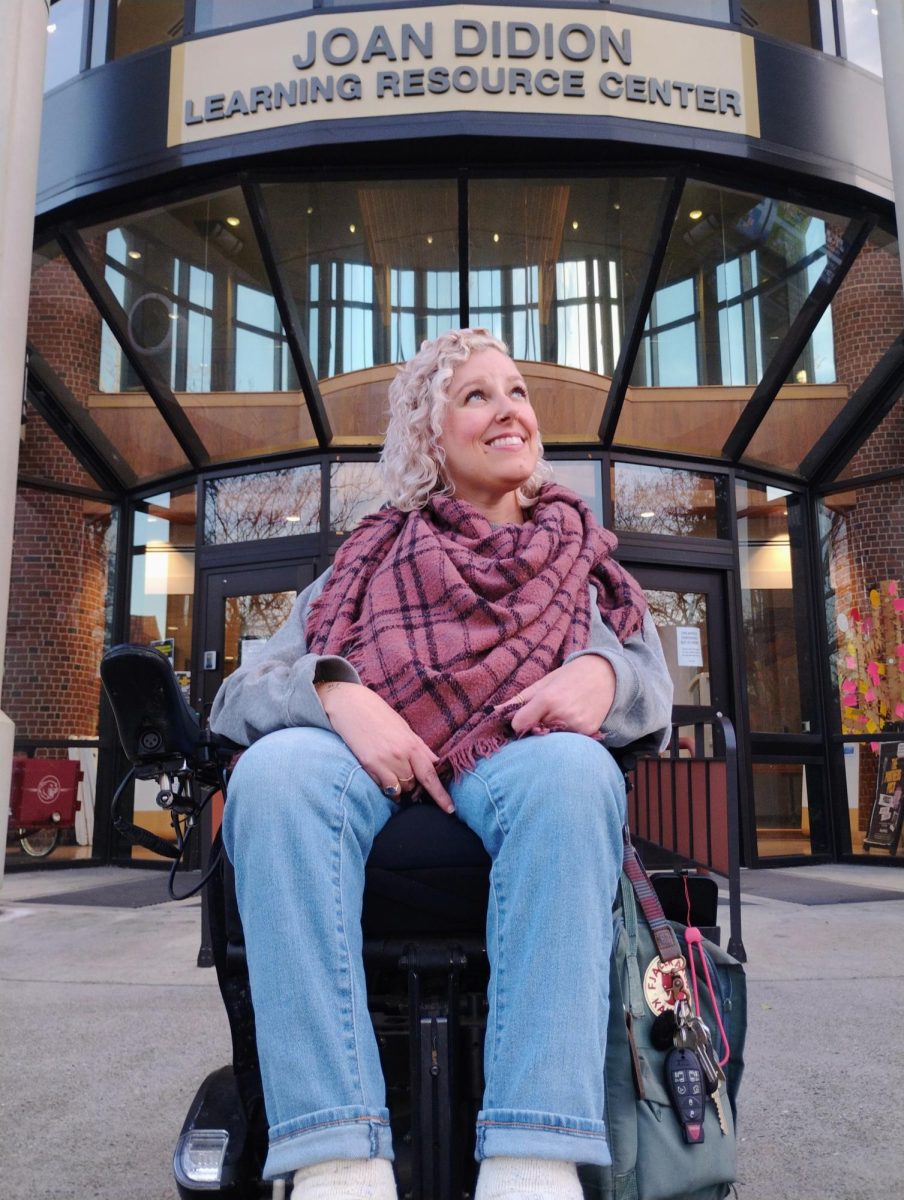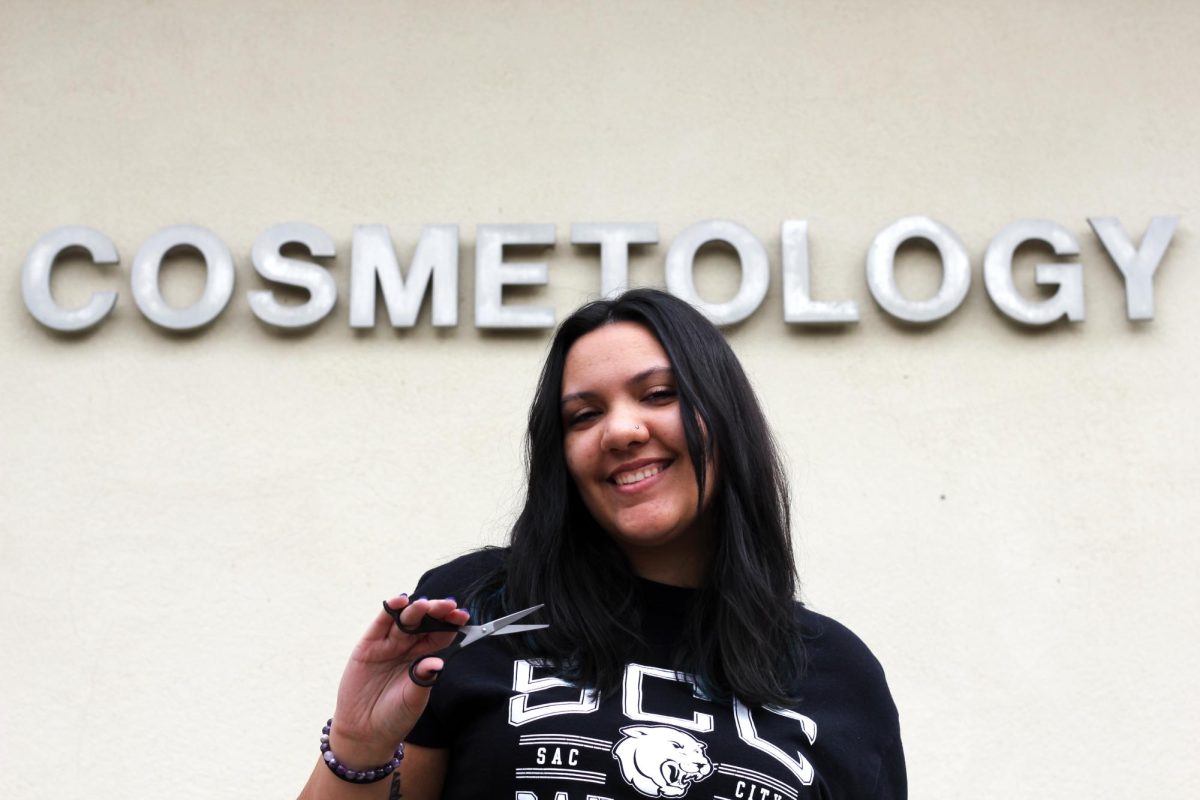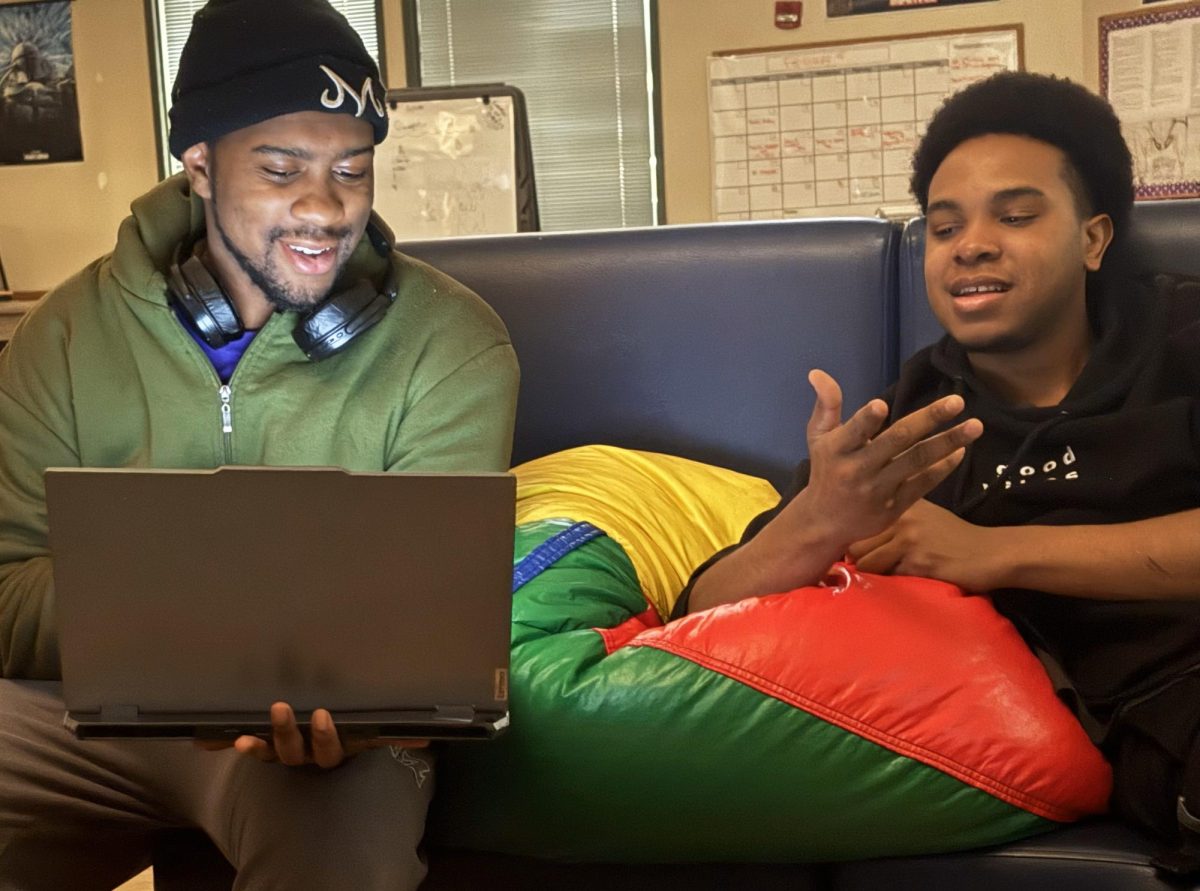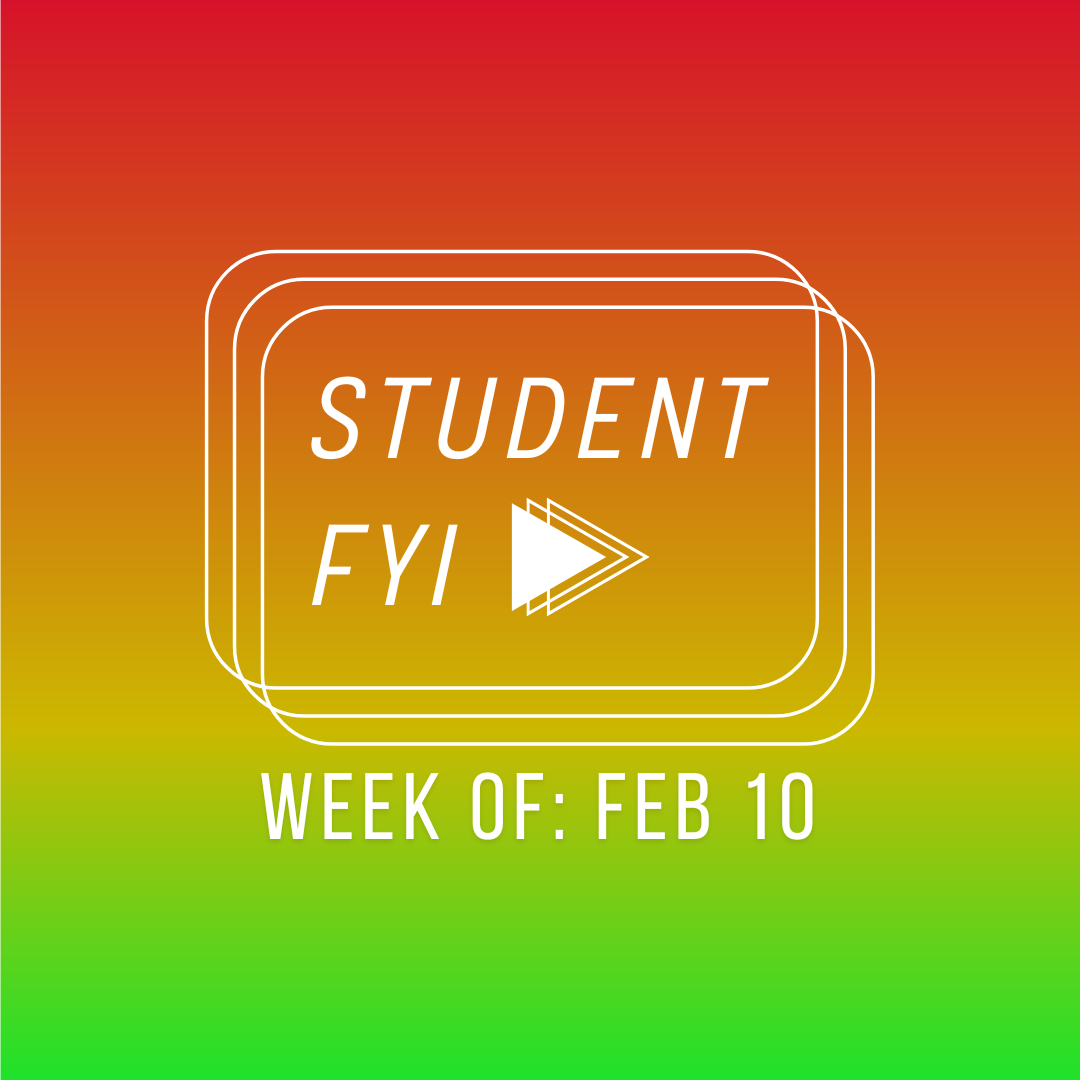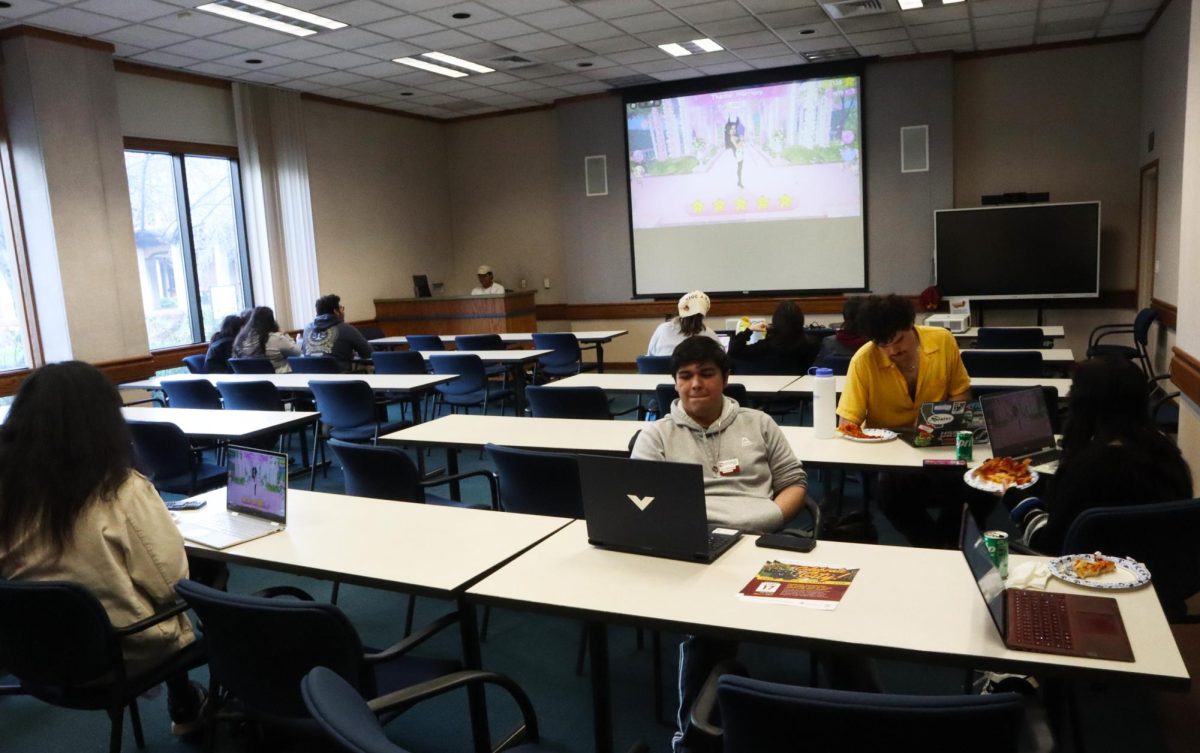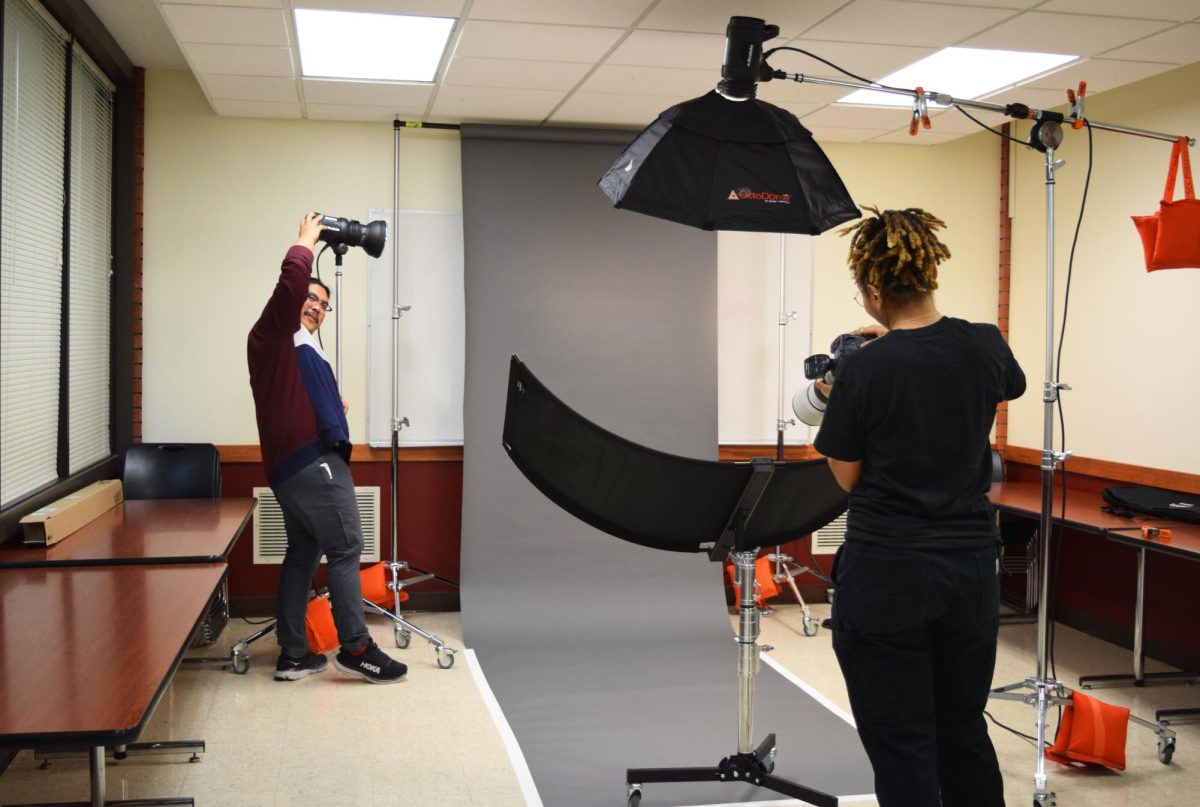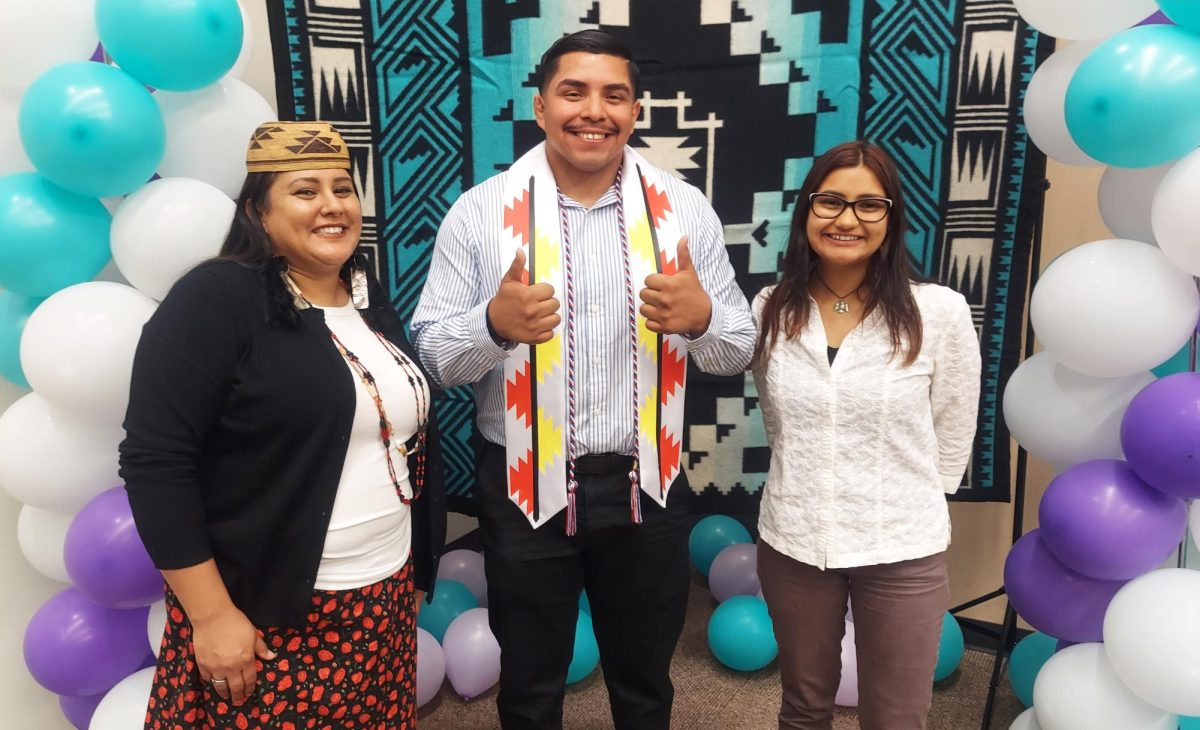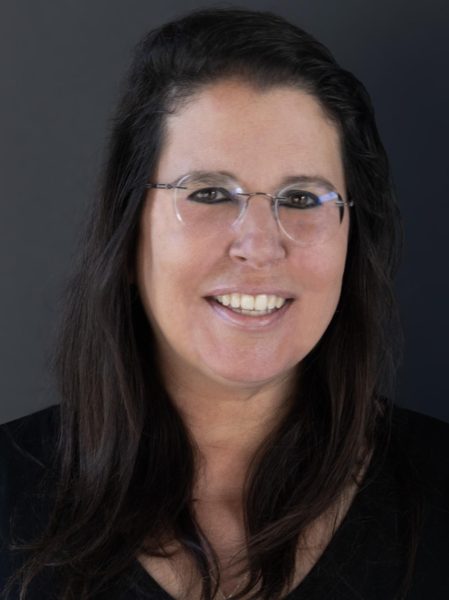Sergeant Army Reserve Juan Delarosa, graduating with a double major in both administration of justice and ethnic studies participated in the first district-wide event that celebrated Native American students’ educational success across the Los Rios Community College District campuses on May 10, at Folsom Lake College in the Community Room.
This event was called the Los Rios Native Graduation Celebration and Transfer Honoring Ceremony.
Delarosa was the first student to represent City College at the ceremony since the launch of the Native American Student Support and Success Program (NASSSP) on campus, which opened in January 2024.
NASSSP is located at the South Gym 119, and was made possible in-part from the California Assembly Bill 183, which gave City College $1.5 million in grant money to expand its Native American program over a 5-year period.
Ayacaxtli Galvis-Torrez, political science major and student assistant for the NASSSP, came into the job in January 2023, believing that there was a lot going on for the Native American students at City College.
Galvis-Torrez, who is a part of the Kashia Pomo, Quechua and Xicana tribes, was quickly disappointed when she realized that resources for other groups on campus were flourishing, “but when it came to the Native Center there was nothing,” Galvis-Torrez said.
“It broke my heart, the reason was because we are the original people to this land but I was not seeing the same exact representation that was instilled for everyone else,” Galvis-Torrez said.
City College is located on the tribal lands of the Maidu, Miwok and Nisenan and the home of the Patwin people.
Vanessa Esquivido-Hernandez, Ph.D in Native American Studies, came aboard in January 2024 as the program director to help launch the new designated space for the NASSSP.
Esquivido-Hernandez, a part of the Nor-Rel-Muk Wintu Nation and also the Hupa and Xicana tribes, said “the grant is written in the way that it wants to interact with every part of the Native American community.”
Esquivido-Hernandez would like to begin her work by mentoring Native American students’ educational needs here on campus and drawing the youth from the community to the center.
This would be a way that the youth could see for themselves what it’s like to go to college since many would be first-generation to attend college.
“The history with boarding schools is really intergrained in who we are as a people, so education is not always something we look to because it has been viewed as something that has taken away our culture,” said Esquivido-Hernandez.
Esquivido-Hernandez’s great grandmother had attended the Hupa boarding school.
According to Esquivido-Hernandez, “my great-grandmother was taught not to tell anyone who she was because it was during a time Natives were still being killed for who they were, and so even my grandmother passed down the silence to not tell anyone who they were.”
It wasn’t until Esquivido-Hernandez took Native American studies classes at college that her mother also became interested in their ancestral background and wanted to get back with the culture they were separated from for a very long time.
Esquivido-Hernandez believed that it had been a product of assimilation and erasure.
“But in one generation I changed that,” Esquivido-Hernandez said. “We grew up in a house with no baskets [cultural items] and now we have plenty of baskets. My daughter has grown up in a generation that has had baskets, that has had ceremonies, that has learned her responsibilities to her land and to her people. That shows that in one generation we can take what we lost back.”
Esquivido-Hernandez feels that it has taken a lot of time to rechange that thinking in their native community, and would like to encourage the youth, “that you can go to school and you can still keep your culture.”
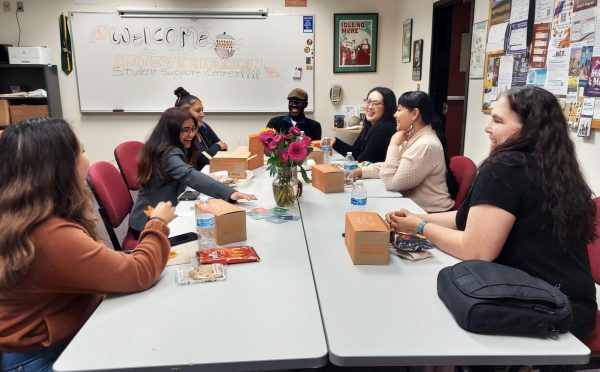
The center would also be a place to provide Native American mentors and leaders for the next generation at City College. To give Native American students all the support they need to be successful and build leaders so that when they go back to their tribes, they have strong academics and also strong leadership in who they are.
“Identity is important, and they don’t always have that, because of the history and policies to terminate and erase their culture,” said Esquivido-Hernandez, “so we want to build that identity back in the Native Americans coming through this campus.”
Galvis-Torrez would like to create a success story for everyone that comes through the center that has that same background as herself.
“When you meet people from the same culture, they just get it. You are with other Native Americans that understand what you mean when you reference ceremonies, procedures, and a specific spiritual lifestyle. No one else can seem to understand what it’s like,” Galvis-Torrez said.
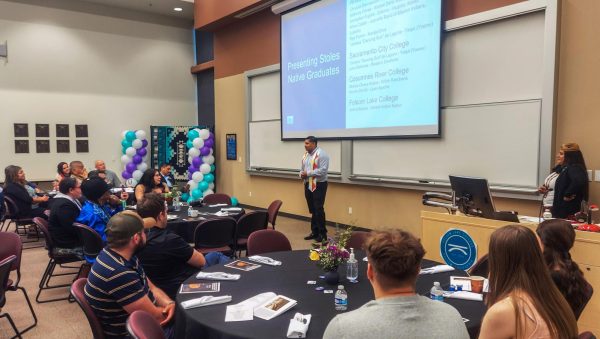
Delarosa, who is both Mexican and Native American (Western Shoshone Nevada) did not know until he came to City College how important it was to not only represent his Mexican heritage but also to learn and know his roots from his Native American side.
The NASSSP was a way to help Delarosa dig deeper into his background as a Native American. He stuck with the success program and was the first to finish and graduate.
“Getting involved in my Native American side was something I wanted to start doing, and Vanessa, who I felt was just like me, a perfect commonality, helped me do that.”
Delarosa was the first generation from both sides of his family to graduate from college.
Delarosa said, “for me, attending the Native American Honoring Ceremony was not only a way to represent my accomplishment, but also represent my family.”

